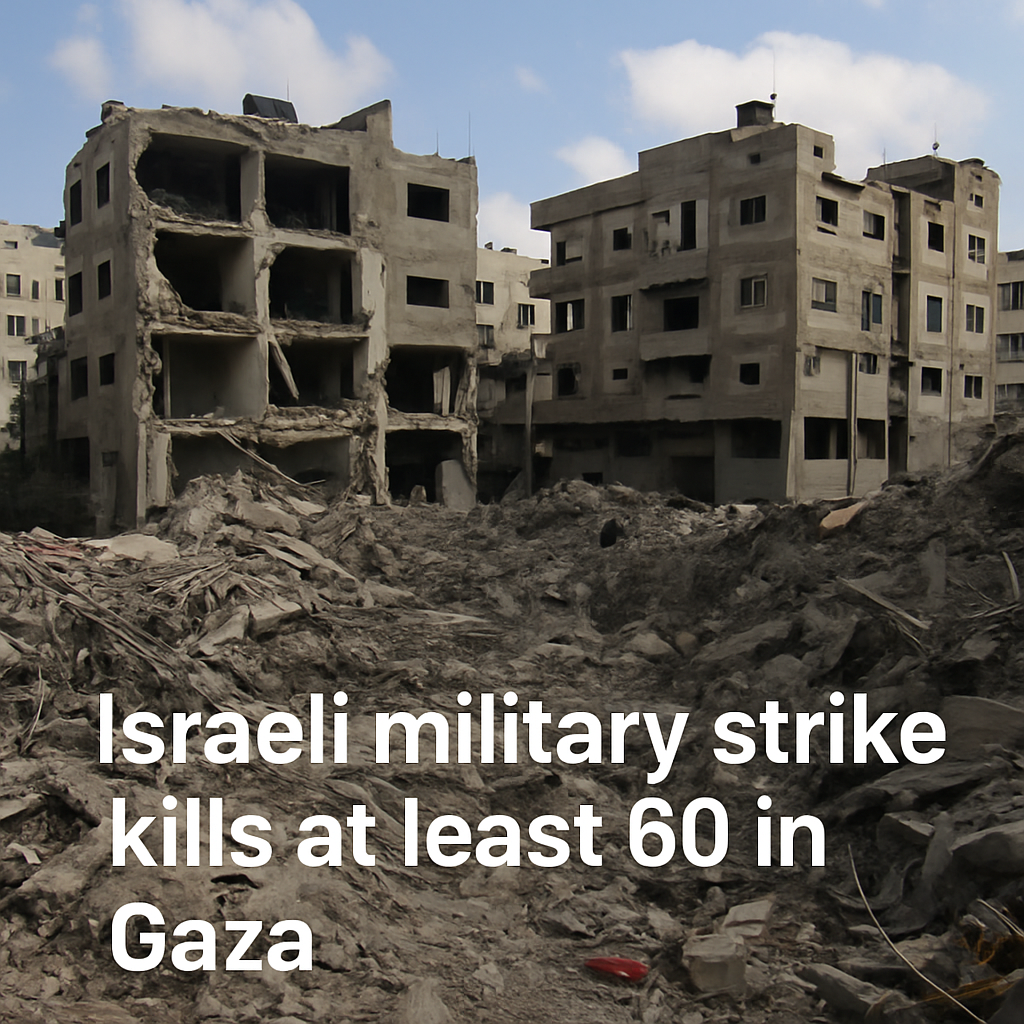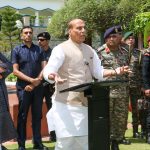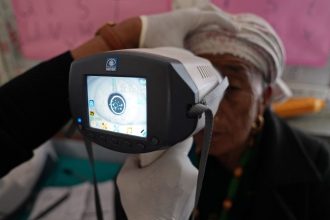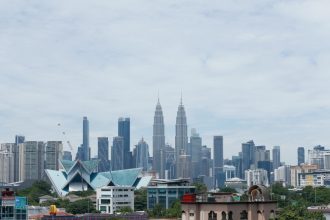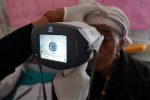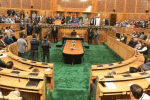In the early hours of a day meant for remembrance, tragedy struck Gaza once again. At least 60 lives were lost—many of them women and children—as Israeli airstrikes ravaged homes and shelters in the southern city of Khan Younis. For the families who lived in those homes, today wasn’t just another day of war. It was the day they lost everything.
Among the victims was local journalist Hassan Samour, a familiar voice for many in Gaza who tuned in to Aqsa radio. Hassan was more than a reporter—he was a husband, a father, a neighbor. He died alongside 11 members of his family when their home was obliterated in a single strike. The air may still carry the smoke from the bombs, but for those left behind, the silence is heavier.
There was no immediate response from the Israeli military, which continues its intensified operations in Gaza. Their campaign, they say, is an effort to dismantle Hamas after its deadly October 2023 attack on southern Israel. But in the narrow streets of Gaza, civilians bear the brunt. More than 52,900 Palestinians have died in the conflict so far, local health officials report.
Today also marked Nakba Day—a somber anniversary for Palestinians, remembering the mass displacement in 1948. But for many, the current suffering feels even deeper.
“What we are experiencing now is even worse than the Nakba of 1948,” said Ahmed Hamad, a displaced father in Gaza City. “We live in a constant state of fear. There’s no safe place. Death follows us.”
The escalating violence comes as U.S. President Donald Trump visits the Middle East, with fresh attempts by American and Arab mediators to secure a ceasefire. Yet for many in Gaza, peace feels like a faraway dream. Hopes have faded amid repeated bombings, failed negotiations, and an unending cycle of grief.
The Human Cost of War
Wednesday’s strikes had already taken 80 lives, and with food supplies dwindling and humanitarian aid cut off since March 2, the people of Gaza face not only war but hunger. Aid groups warn that half a million people are on the verge of starvation—a quarter of Gaza’s population.
A U.S.-backed aid group is preparing to begin work by the end of May, but calls are growing louder for immediate assistance. Every day without aid is a death sentence for many.
Even as discussions continue in distant diplomatic halls, the people of Gaza live through a disaster they cannot escape. Their voices, often buried under statistics, are cries for compassion and justice.
Behind every number is a name. Behind every destroyed building, a life once lived. The world must listen—not just to the bombs or the politics—but to the people.
